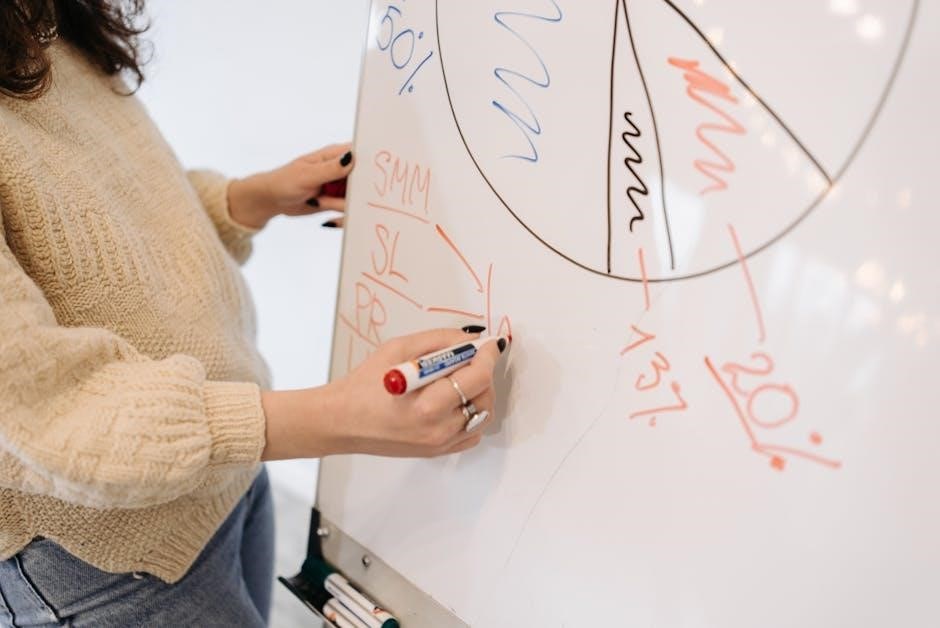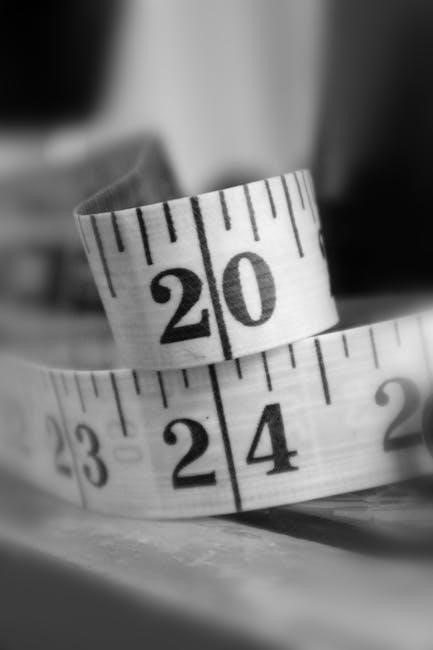Free printable tracing numbers 1-20 worksheets are a great way to introduce young learners to number writing. Designed for preschool and kindergarten, these worksheets feature large, dotted fonts for easy tracing, helping improve fine motor skills and number recognition. Perfect for parents and teachers, they provide a fun and engaging way to practice counting and writing numbers 1-20. These worksheets are easily downloadable and printable, making them a convenient tool for early childhood education.
Why Tracing Numbers Are Essential for Early Childhood Learning
Tracing numbers is a fundamental skill for young children, as it lays the groundwork for handwriting and mathematical understanding. By practicing number tracing, children develop fine motor skills, hand-eye coordination, and dexterity. These activities also enhance number recognition, which is critical for counting and basic arithmetic. Tracing helps children understand the shape and structure of each number, making it easier to write and identify them. Additionally, tracing numbers fosters concentration and patience, essential for academic success. For preschool and kindergarten students, tracing worksheets provide a engaging way to learn numbers 1-20, building confidence and a strong foundation for future math skills. Regular practice with tracing worksheets ensures that children grasp these basics, preparing them for more complex tasks ahead.
How to Use Tracing Worksheets Effectively
Using tracing worksheets effectively involves a structured approach to maximize learning. Start by introducing one number at a time, allowing children to focus on its shape and formation. Encourage them to trace each number multiple times, using a pencil or crayon, to reinforce muscle memory. Demonstrate the correct tracing technique, emphasizing starting points and direction. Provide immediate feedback to correct any mistakes and praise their efforts to build confidence. Incorporate these worksheets into daily routines, such as during homework or classroom activities, to ensure consistent practice. For younger children, consider using larger, bold numbers to make tracing easier. Additionally, combine tracing with verbal counting to enhance number recognition; Rotate between different fonts and formats to keep the activity engaging. By following these steps, tracing worksheets become a powerful tool for improving fine motor skills and number literacy in early childhood education.

Benefits of Using Tracing Numbers 1-20 Worksheets

Tracing numbers 1-20 worksheets build a strong foundation for math skills, enhancing number recognition, sequencing, and fine motor abilities. They foster independence in learning and improve concentration, giving children a sense of accomplishment.

Improving Fine Motor Skills

Tracing numbers 1-20 worksheets are excellent tools for enhancing fine motor skills in young children. By guiding their pencils or crayons over dotted lines, kids develop hand-eye coordination and dexterity. Regular practice helps strengthen finger muscles, preparing them for more complex writing tasks. These worksheets are designed with large, clear numbers, making it easier for small hands to maneuver. The repetitive motion of tracing also builds patience and focus, essential for academic success. Parents and teachers can use these printables to create a fun, engaging environment where children can practice without pressure. Over time, these exercises contribute significantly to a child’s ability to write confidently and neatly, laying a solid foundation for future educational endeavors.
Enhancing Number Recognition and Counting Abilities
Free printable tracing numbers 1-20 worksheets are an effective way to enhance number recognition and counting skills in young children; By tracing numbers, kids become familiar with their shapes and formations, making it easier to recognize them instantly. These worksheets also integrate counting exercises, helping children understand the sequence and relationship between numbers. The repetitive tracing motion reinforces memory retention, while the visual representation of numbers aids in developing a strong foundation in numeracy. Additionally, these printables often include activities that encourage children to count aloud or identify numbers in order, further solidifying their understanding. The combination of tracing and counting makes learning engaging and interactive, preparing children for more advanced math concepts in the future. These tools are invaluable for parents and educators seeking to create a fun and educational environment for early learners.
How to Download and Print Free Tracing Number Worksheets
Access free tracing number worksheets by visiting reliable educational websites. Download the PDF files, choose your preferred format, and print them instantly. Ensure your printer is ready with paper for a seamless experience.

Best Websites for Free Printable Worksheets
Several websites offer free printable tracing number worksheets in PDF format. Education.com and Teachers Pay Teachers are popular choices, providing a variety of traced number 1-20 worksheets. ABCmouse also offers customizable options. Additionally, sites like Canva and Etsy provide creative designs for tracing numbers 1-20. Many platforms allow users to download worksheets instantly, ensuring easy access for parents and educators. These websites often cater to preschool and kindergarten needs, with dotted fonts and large numbers for better visibility. Some sites even offer themed worksheets, making learning fun. Always search for “free printable tracing numbers 1-20 worksheets PDF” to find the most relevant resources. Regularly updated content ensures fresh and engaging materials for young learners. These websites are invaluable for early childhood education, offering a range of tools to support number recognition and writing skills.

Tips for Parents and Teachers Using Tracing Worksheets
Encourage children to trace numbers with pencils or crayons to enhance fine motor skills. Incorporate fun activities like coloring or counting games to make learning engaging. Provide immediate feedback to correct mistakes gently and praise efforts. Use these worksheets regularly to build consistency and confidence in number recognition and writing abilities.

Materials Needed for Effective Practice
To ensure effective practice with tracing numbers 1-20 worksheets, gather essential materials. A pencil or crayon is ideal for tracing, as they allow children to practice writing comfortably. Erasers are useful for correcting mistakes, helping kids learn accuracy. A sharpener is necessary to keep pencils ready for use. Printed worksheets are the core material, so access to a printer and paper is crucial. Optional tools include colored markers or highlighters to make the activity more engaging. A clean, flat workspace is recommended to prevent distractions. For digital users, a tablet or touchscreen device with a stylus can be an alternative to traditional writing tools. Ensuring these materials are readily available will help create a focused and productive learning environment for children to practice tracing numbers effectively. These simple yet essential items will support their development of fine motor skills and number recognition;
Free printable tracing numbers 1-20 worksheets are a valuable resource for teaching young children to write and recognize numbers. They provide a fun and structured way to develop essential math skills, making learning engaging and effective for early learners.

Encouraging Learning Through Fun Activities

Learning can be made engaging and enjoyable, especially for young children, by incorporating fun activities with free printable tracing numbers 1-20 worksheets. Parents and teachers can transform these worksheets into interactive games by using colorful markers or crayons to trace numbers. Adding elements like stickers or stamps can make the process more exciting. Additionally, pairing tracing with counting aloud or singing number songs fosters a multisensory learning experience. Group activities, where children trace numbers together, can create a sense of camaraderie and healthy competition. These creative approaches not only make learning enjoyable but also help children retain information better. By integrating playfulness into education, we can nurture a love for learning in young minds, making the process both effective and delightful. Such activities ensure that children develop essential skills while having fun, creating a positive association with learning from an early age.
